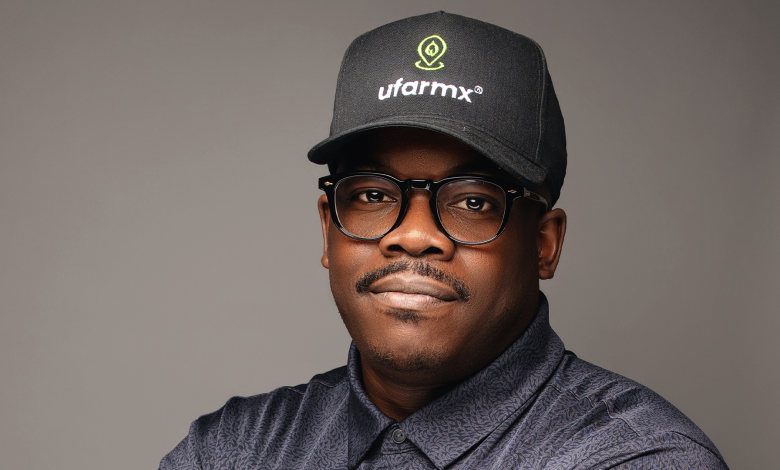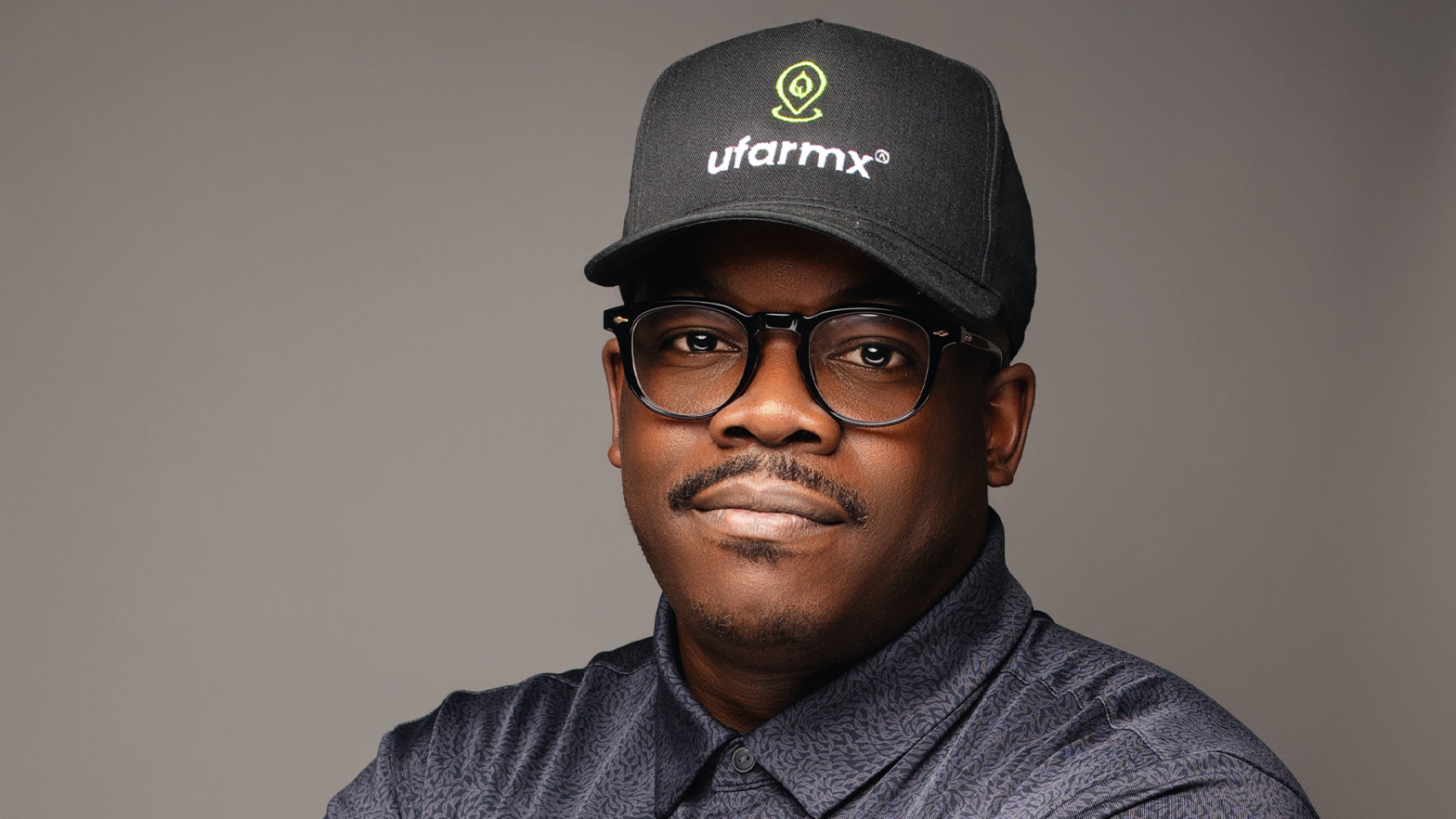UfarmX Founder Alexander Zanders Turned 100 Acres Into A Fintech Platform Powering African Agriculture


When the world shut down in 2020, Alexander Zanders made a decision some may not have dared — selling his crypto holdings to buy 100 acres of farmland in Nigeria, betting on soil over tech or urban assets.
“I always tell people I did what any rational person would do when the world feels like it’s ending,” he told AFROTECH™ in an interview. “I started farming.”
That move wasn’t just a pandemic pivot. It marked the beginning of UfarmX, a fintech company that, according to Zanders, helps smallholder farmers across Africa access credit, high-quality inputs, and the opportunity to scale what they’ve always done — grow food.
A Mission Rooted In Experience
A Baltimore native and Temple University alum, Zanders didn’t come from a farming background. His path — from exporting iPads to building agri-fintech infrastructure in West Africa — shows how innovation can grow from direct, on-the-ground experience.
Before launching UfarmX, Zanders was already an entrepreneur. As an undergrad, he started an export company during a global supply chain shake-up. That evolved into trading mobile devices across Nigeria, United Arab Emirates, and the Dominican Republic, and it introduced him to cryptocurrency when Bitcoin was just $10, he explained to AFROTECH™.
After his daughter was born in 2015, his priorities changed.
“I was making decent money, but I started looking for something more meaningful,” he said.
A trip to the Sunbelt Ag Expo in Moultrie, GA — where he saw Black laborers still picking cotton by hand — stopped him in his tracks. From 2016 to 2019, Zanders traveled across Africa, attending conferences and studying the agricultural value chain.
“I started asking why Africa, with all this arable land and talent, was still exporting raw goods for pennies and importing finished goods at a premium,” he said. “The math didn’t make sense.”
In 2020, when the pandemic hit, Zanders acted on what he’d learned. After planting crops on his African land, he noticed his yields were significantly higher than nearby farmers working the same soil.
“The difference wasn’t skill — it was access,” he explained. “We had better seeds, better fertilizer, and the means to use them.”
That insight sparked an experiment. Zanders said he provided 15 local farmers with inputs on credit. By season’s end, yields had tripled and revenues doubled, resulting in the birth of UfarmX.
Building Trust Where Banks Won’t
Zanders says that UfarmX is about access, especially financial access, for smallholder farmers long excluded from traditional banking.
“Banks don’t trust farmers,” he said plainly. “No data. No collateral. No credit history. So they get nothing.”
According to Zanders, UfarmX closes that gap by collecting real-world data to build credit profiles. Using AI, proprietary software, and field-level insights, the platform photographs each farmer, logs GPS coordinates, and tracks input history, crop cycles, and smartphone use.
“It’s not just data — it’s dignity,” he told AFROTECH™. “We’re not just handing out loans. We’re building infrastructure for the people who feed the world.”
The company’s B2B model integrates into agriculture retailers’ point-of-sale systems. Farmers can buy inputs like seeds and fertilizer using “Buy Now, Pay Later” functionality, he explains. The system is live in two Nigerian states and has supported over 1,000 farmers since launch.
It’s all been self-funded.
“I did what most people tell founders not to do,” he said. “I put my life savings into this. There were sleepless nights. Days I wanted to quit. But this mission means too much.”
Techstars — which Zanders says selected UfarmX from thousands of startups — has also helped accelerate growth. According to the company’s internal financials, the program boosted revenue by 73% in 2024 and sharpened its product-market fit.
Scaling With Purpose
UfarmX now operates in Nigeria, Senegal, and Liberia, with plans to expand into Ivory Coast and Kenya — but Zanders says the vision goes far beyond geography.
More than 90% of sub-Saharan Africa’s 48 million smallholder farmers lack formal credit, according to the Food and Agriculture Organization of the United Nations. Agriculture accounts for 65% of employment and 32% of gross domestic product (GDP), yet farmers receive less than 6% of commercial loans, the agency reports.
Zanders sees that gap as a major opportunity for agri-fintech innovation.
He told AFROTECH™ that UfarmX has already deployed solar-powered storage for women-led farms in Senegal and helped farmers in Oyo, Nigeria, avoid choosing between school fees and fertilizer — early signs, he says, of the company’s long-term potential.
As UfarmX grows, Zanders hopes to reshape how African farmers access finance — and their futures.




